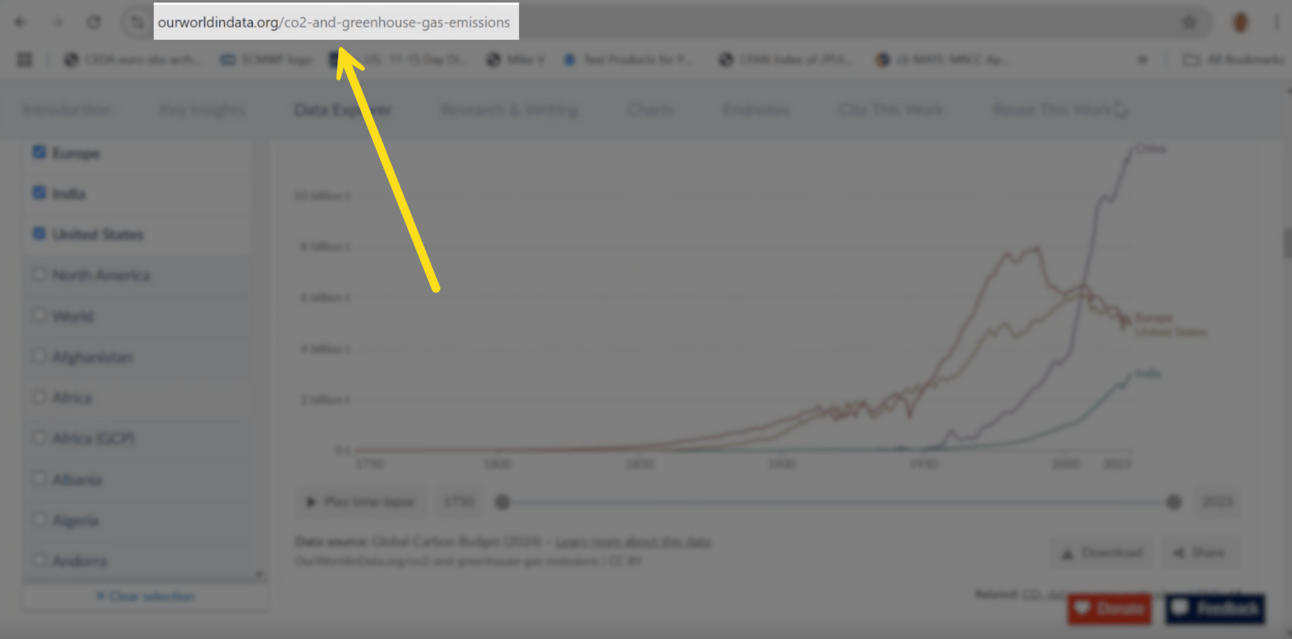- The Real Deal
- Posts
- The Real Deal #13
The Real Deal #13
DataDataDataDataDataDataDataDataDataDataData

Welcome
Hi All - thanks for opening and reading this email and the others before it! It’s been an interesting couple of months, and there is never a shortage of stuff to talk about.
The getreal.earth team is banging away… learning, adapting, building, learning more, and changing things every day. We have a clear vision and we’re building our solution now - what it is we will roll out. We’re excited!

Can I ask for just a moment? Referrals have by far been the best way for me to grow the newsletter.
We really appreciate the referrals and can’t grow without them. Thanks!
You currently have 0 referrals.
Copy & Paste this link:
Okay now onto the business of today’s issue, which will be easy and breezy.
I have been speaking to a few guests. I’m very excited to (soon) be sharing information that two smart people who spent time conveying to me.
One of them was with someone I’ve mentioned a few times - his name is Todd Crawford, and I’m going to cover our conversation either next Tuesday or the following week.
(incidentally - the newsletter will be weekly after tomorrow, until the first week of January)
But - today I’d like to to talk to you about some of my discussion with Todd.
The topic? Data.

What do meteorologists love more than data?
I’m not sure there is anything. But hear me out…
During my call with Todd, which was going on two weeks ago now, he was sharing his screen with me. I saw a chart (hint: data always tells a story - sometimes you have to coax it out of raw numbers, but a little analysis always always always brings the story out) but then shifted my focus…
…to the top of his screen, and I saw this:

And this:

Imagine me, a dope economist-slash-IT Guy-slash-software developer, sitting here getting a comprehensive, one-on-one take on data from a PhD in meteorology. It struck me how fortunate I am to have his time…
I am still just amazed because we are learning how to make sense of the world around us and speak with smart, smart people who see what’s going on and have insights.
But that’s a deep-dive for another couple of issues.
For today, focus on the URLs on those screen (which I’m sure you can’t read).

What were we looking at?
Our World In Data - I am just scratching the surface of this treasure. If you like data and find yourself spending a lot of time doom-scrolling news or dealing with other stressors, you will reap unknown intellectual benefits from this site.

Gird yourself - it won’t all be “pleasant,” but as a truth-seeker, I find it extremely educational and able to drive amazing discussions. It’s not meant to “prove people wrong,” but think of it like this:

Per Wikipedia: William Edwards Deming (October 14, 1900 – December 20, 1993) was an American business theorist, composer, economist, industrial engineer, management consultant, statistician, and writer.
Use this site to explore human rights, CO2 emissions, energy statistics, and a big menu of other subject areas. It’s quite amazing and I felt kind of silly for not having seen this yet. I have just been too busy being an IT for too long.
(Be careful to cite your work at all times if you use this for anything.)
NOAA (National Oceanic and Atmospheric Administration)

This is another hugely helpful resource. They provide access to raw data, charts and graphs, all pertaining to things like temperature, oceans, marine wildlife, the coasts.
This is a US Government website and is dedicated to the science of the planet. To me, this seems like an extremely valuable resource to aid in learning about what is and has happened on the Earth.

What does this mean for you?
Never in history has information been so plentiful and accessible.
Take advantage! You never know what kinds of stories you can tell.
And let me know what you think! Take a minute, respond, comment, like or don’t - I’d love to hear back.
And see you Thursday.